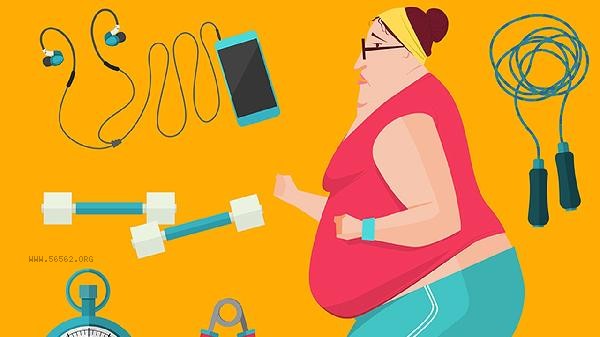The time to stop exercising for ketogenic weight loss varies from person to person, and it is usually recommended to gradually adjust the exercise frequency after the weight stabilizes. The ketogenic diet forces the body into a ketotic state by limiting carbohydrate intake and burning fat, and exercise can accelerate this process but is not absolutely necessary. The specific time needs to be comprehensively judged based on body fat percentage, metabolic fitness, and personal health goals. In the early stages of a ketogenic diet, water loss may lead to rapid weight loss. Maintaining moderate exercise at this time can help maintain muscle mass and promote fat metabolism. It is recommended to use 3-5 times a week of low-intensity aerobic exercise such as brisk walking and swimming, combined with 2-3 times a week of resistance training. When the body fat percentage drops to the target range and the weight fluctuation is less than 2 kilograms for 2-3 consecutive months, you can try reducing the frequency of exercise to 1-2 maintenance exercises per week. Some individuals with good metabolic flexibility may only need to maintain their weight through daily activity levels in the later stages under strict ketogenic diet control. Individuals with insulin resistance or metabolic syndrome need to maintain regular exercise for a long time to improve glucose and lipid metabolism. Sudden cessation of exercise may lead to weight rebound. Pregnant women, teenagers, and individuals with liver and kidney dysfunction should adjust their ketogenic diet and exercise regimen under the supervision of a doctor. It is generally not recommended to completely stop exercising for these groups of people. If individuals on a ketogenic diet experience symptoms of low blood sugar such as fatigue and palpitations, they should immediately suspend exercise and replenish electrolytes.

After stopping exercise, it is still necessary to regularly monitor indicators such as waist circumference and body fat. It is recommended to maintain metabolic activity by increasing non exercise calorie expenditure such as standing for work and household chores. Ketogenic eaters should ensure a daily water intake of over 2000 milliliters and supplement with appropriate amounts of minerals such as magnesium and potassium to avoid constipation caused by high-fat diets. Long term ketone production requires regular checks on blood lipids and uric acid levels. If any abnormalities occur, timely medical attention should be sought to adjust the plan. The weight maintenance stage can gradually increase the intake of low carbohydrate vegetables and low sugar fruits, and transitioning to a mild low-carbon water diet is more conducive to healthy and sustainable development.








Comments (0)
Leave a Comment
No comments yet
Be the first to share your thoughts!